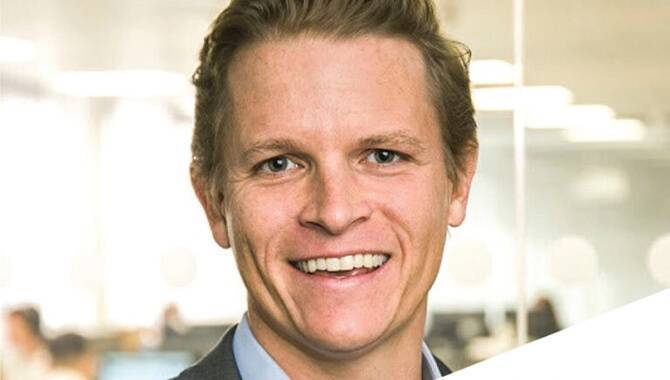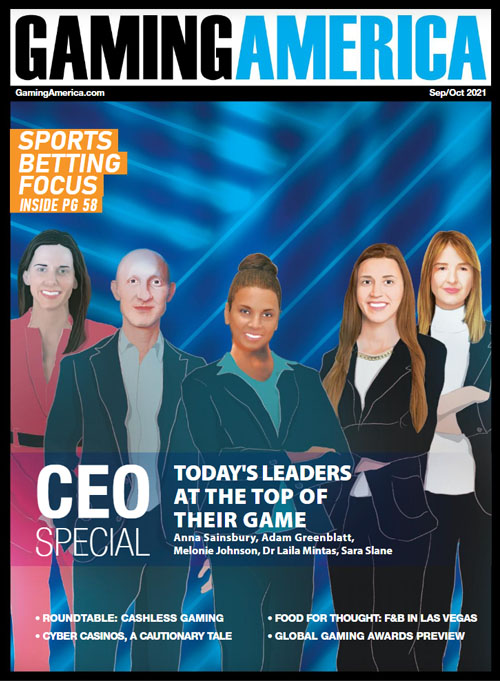
How does the American sports betting market differ from other regions? Are there specifics that Americans ask for?
The American market has behaved differently to others. First, we have prop betting, which is something European operators were not necessarily expecting when they entered the US market. Prop betting is what US bettors gravitate to because of its origins within fantasy football and fantasy sports. This has pushed the American bettor toward the mentality of individual play. Because of this, there's tremendous appetite for these prop bets. Second, American players are attracted to parlays. We've been watching the handle come in from different jurisdictions and it's always amazing to see the numbers parlays provide. This is unique specifically to a US audience because we come from a background of lottery players, and for the longest time, the most prevalent game in the country was the lottery. Parlays give the same feeling as the lottery and are unique in terms of its popularity to the US market.
Separately, the US sports betting market is very focused on states and states rights, so while the government may look to find profit from this growing field, I think control of the market will remain in the hands of states for the foreseeable future.
Your superfeed aims to provide sports betting data for any sport. How do you develop a system that can provide full coverage for even smaller sports?
This is central focus for us. We aim to cover the "longer tail" of sports. A lot of our clients from a media perspective struggle with this and we aim to help. So we focus on constantly expanding our editorial base. We have around 400 journalists to cover sports in different jurisdictions as well as a team of data scientists and analysts that work with AI to provide data driven insights.
What are some innovations you could see become key components of sports betting in the next few years?
Some will be the general maturing of the market, in terms of betting education, as well as how users become accustomed to using betting apps. With this, bettors will become more sophisticated, meaning we'll see a lot more in-play betting, which is very popular in the UK, and will continue to grow in the US. This is also a great way for the more sophisticated bettor to hedge bets, so we may start to see this analytical thinking advance. Another thing that will change in the next few years is the current promotion trend. Eventually, it will have to end and savvy operators are thinking of ways to keep their users engaged on their platform. Some companies are offering loyalty style rewards to do this, something previously seen at land-based and mobile casinos. Content will also change. We want content to be served at the moment of decision. This gives users confidence to bet or not. This sharing of data creates trust within the user and allows for a longer term relationship with betting platforms.
Have the events of the last year changed the way the industry looks at sports betting in the US? If so how?
The one thing the gambling industry realized when Covid hit was that the more sports in your portfolio, the better position you're in. Bettors migrated to lesser known sports that could continue to run during the pandemic, and operators that covered these sports made gains. I think sports betting hasn’t necessarily changed how it's perceived but mobile sports betting and the ability to meet your audience at the moment they want to place a bet has become vital. This has gained the attention of state lawmakers and ultimately, the pandemic shifted the thinking of operators in regard to meeting the needs of audiences.

